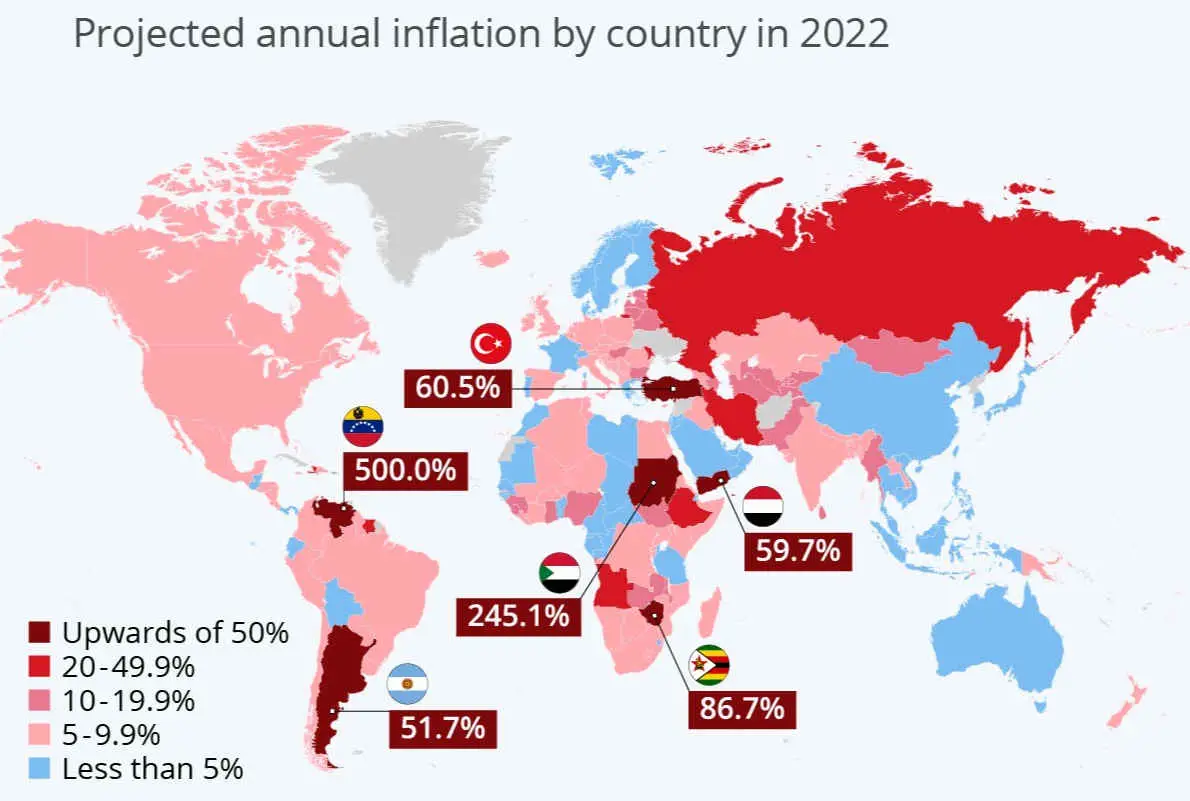ExFlyBoy5
Give me a museum and I'll fill it. (Picasso) Give me a forum ...
Well the kind of supply shock is different. The auto chips thing was due to makers knee jerk reacting and not contracting for the future, then the fabs found "new best friends" to fab out.
Here, you have the concrete mixing plant who can't get labor (unless they pay more), so concrete then is a supply issue.
It becomes a big tangled mess feeding against each other.
My DWs family is in the commercial concrete business and have had a bear of a time bringing in/keeping employees. They do primarily government contracts and have to add new clauses into the RFPs to address this issue.

